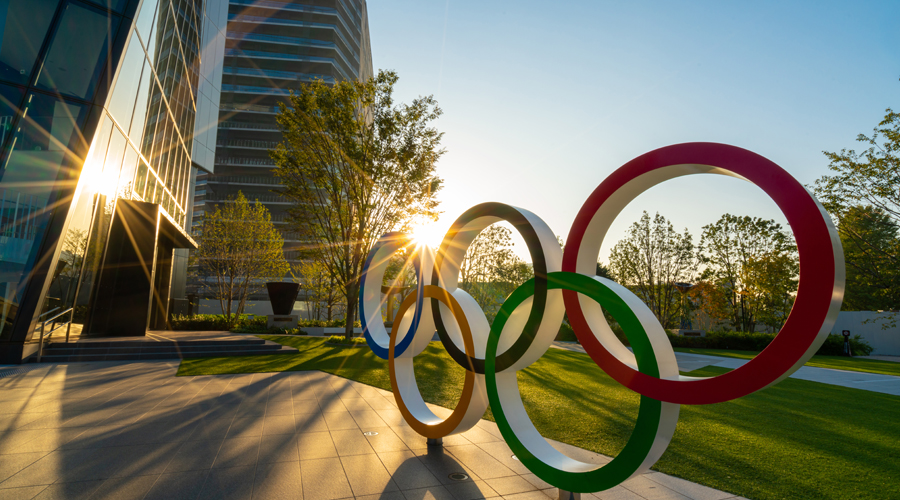Will the Tokyo Olympics — it began on Friday — witness the breaking of the glass ceiling as well as of records? The International Olympic Committee seems to think so. On Women’s Day this year, it announced that the tournament would be the “first ever gender-balanced Olympic Games in history” with almost 49 per cent of the total number of athletes being women. Indeed, five major participating countries, including Russia, China and the United States of America, are sending more women athletes to the competition than men. The contingent from the US will have 329 women and 284 men. China’s representation of women is more than double of that of its men — 298 to 133.
The push towards making the Olympics more gender-inclusive is welcome. The issue must, however, be examined beyond the lens of numbers alone. Representation and even performance in international events do not necessarily guarantee equal treatment for women athletes. The gender pay gap in sports remains staggering, with even the most successful football team in the world since 1991 — the US women’s soccer team — not making nearly as much as their male counterparts. The asymmetry is evident in the importance accorded to women sportspersons by the media as well; studies have shown that women’s sports receive the same amount of coverage now as they did in the 1980s. These disparities are even more acute in India, which has traditionally frowned upon women participating in professions considered to be the domains of men. India is sending only 56 women to the Tokyo Olympics as opposed to 71 men. This is a pity, because India’s medal tally had seen significant contributions from women in the Asiad and the Commonwealth Games. Ironically, in 2021, an Olympic year, the Union government slashed the sports budget by Rs 230.78 crore. This is likely to further reduce women sportspersons’ share of resources related to equipment, training and sponsorship. Other obstacles faced by women — social discrimination, unethical treatment, the policing of their bodies — run deep in sport and often remain unidentified. Even laws governing sports bodies and tournaments can be prejudicial. In 2014, the Indian sprinter, Dutee Chand, had her gender questioned and had to fight a ban for having high testosterone levels. These prejudices must be actively rooted out through mechanisms — inclusive, sensitized laws, parity in payment, awareness programmes to address social conservatism and so on — that enable women to shatter the gender glass ceiling.
The Olympics — one of the premier sporting competitions in the world — treating women equitably could provide a momentum for broader transformations. It must be remembered that the Games are taking place during an unprecedented global health crisis. The staging of the competition, therefore, is a testament to the ferocity of the human spirit. What is needed, however, is for the fierceness of spirit to be matched with the forces of humanitarianism and empathy. If global sporting culture were to be imbued with these salutary values, the day that women athletes break the glass ceiling would, hopefully, not be far away.










